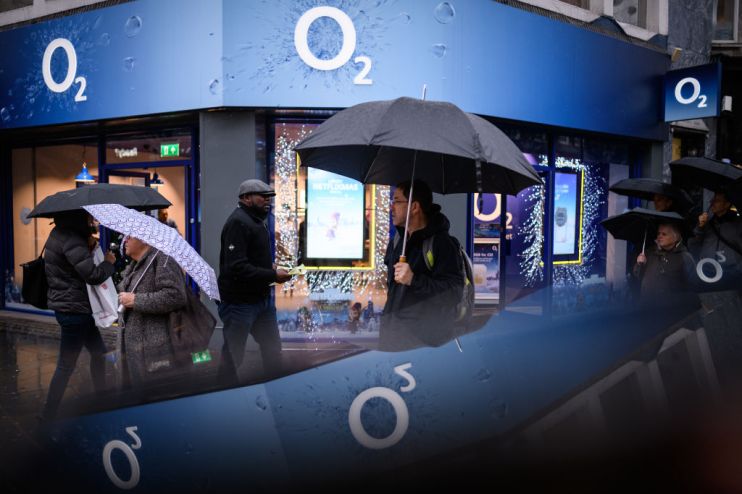Competition watchdog clears £31bn O2-Virgin Media merger

The competition watchdog has provisionally cleared the £31bn merger between O2 and Virgin Media following an in-depth investigation.
The Competition and Markets Authority (CMA) launched a probe into the tie-up amid concerns it would harm competition in the wholesale market.
Virgin Media provides leased lines to mobile operators such as Vodafone and Three, while O2’s network is used by providers such as Sky and Lycamobile.
The watchdog had raised concerns that following the merger the combined company could raise prices or reduce the quality of these services or block access altogether.
However, the CMA said its inquiry had provisionally concluded that the deal was unlikely to lead to a substantial lessening of competition.
It cited the presence of other companies in the market, including BT’s Openreach, that provided leased line and mobile network services, which it said meant O2 and Virgin would need to keep prices competitive.
It also said wholesale costs were only a small part of rivals’ overall costs, meaning it was unlikely the merged company would be able to hike prices in a way that would harm consumers.
“A thorough analysis of the evidence gathered during our phase 2 investigation has shown that the deal is unlikely to lead to higher prices or a reduced quality of mobile services – meaning customers should continue to benefit from strong competition,” said Martin Coleman, CMA panel inquiry chair.
In a joint statement Telefonica and Liberty Global, the parent companies of O2 and Virgin Media, said: “Liberty Global and Telefónica note the CMA’s publication of its provisional findings as part of its review into the proposed merger of their UK businesses.
“We continue to work constructively with the CMA to achieve a positive outcome and continue to expect closing around the middle of this year.”
Earlier this month O2 and Virgin announced that Virgin Media boss Lutz Schuler will lead the new company, while O2 finance chief Patricia Cobian will become chief financial officer.
Kester Mann, analyst at CCS Insight, said there was “no surprise” the deal was approved, but added it would “transform the UK telecoms landscape and create a powerful new converged provider to rival BT”.
“The deal could still trigger a ripple effect on the UK market,” he added. “Further deal-making – potentially including Vodafone, Three and Sky – can’t be ruled out.”
Ernest Doku, mobiles expert at Uswitch, agreed the merger was likely to “stir up” the industry.
“There’s the potential for the combined firms to make millions of pounds of annual savings, and for consumers this tie-up could mean a greater choice of entertainment and faster speeds,” he said.
“However, it’s vital that the combined brands maintain the high standards of service that customers have come to expect.”